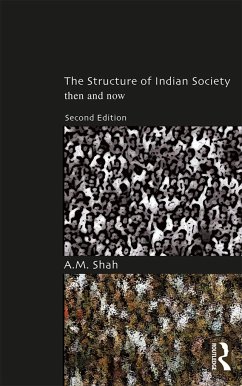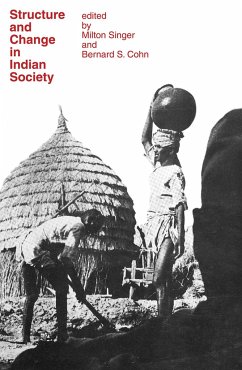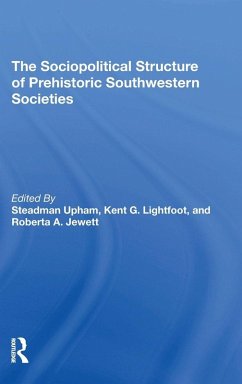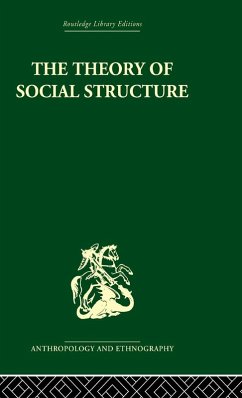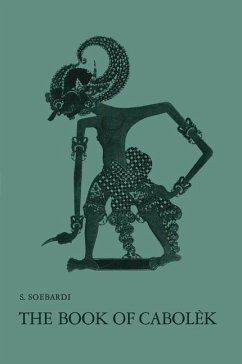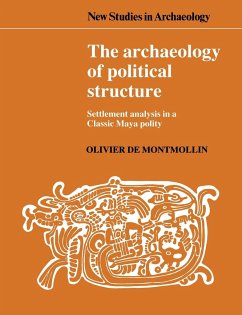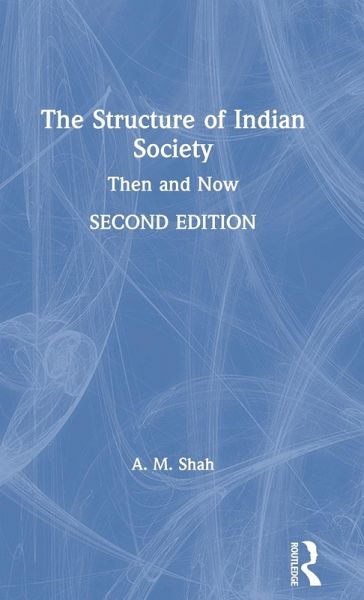
The Structure of Indian Society
Then and Now
Versandkostenfrei!
Versandfertig in 1-2 Wochen
168,99 €
inkl. MwSt.
Weitere Ausgaben:

PAYBACK Punkte
84 °P sammeln!
This book examines how Indian society has proliferated through an amalgamation of institutions and practices which has divided and united people across communities. This edition is a key text for students and scholars of sociology and social anthropology, political science, and South Asian studies.




